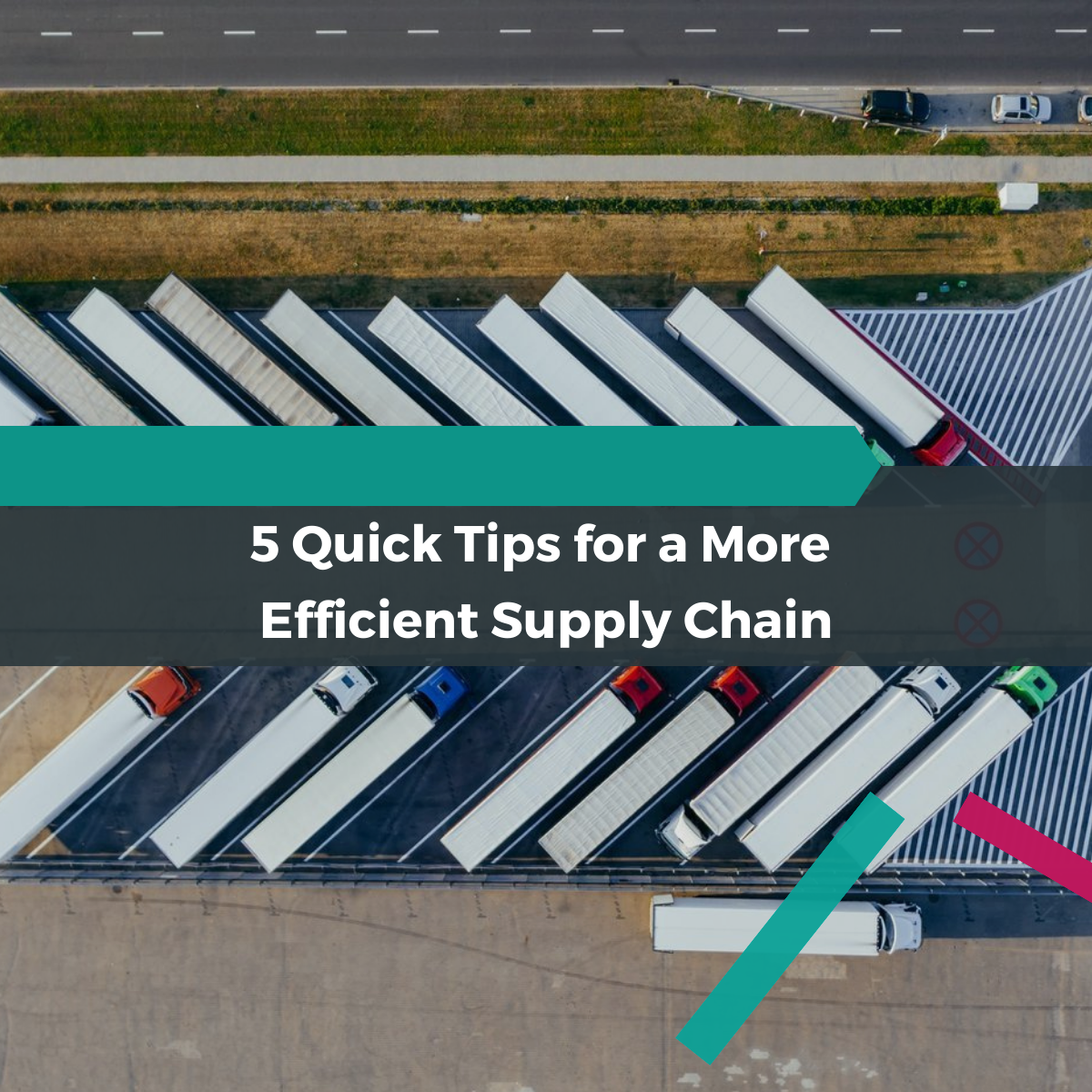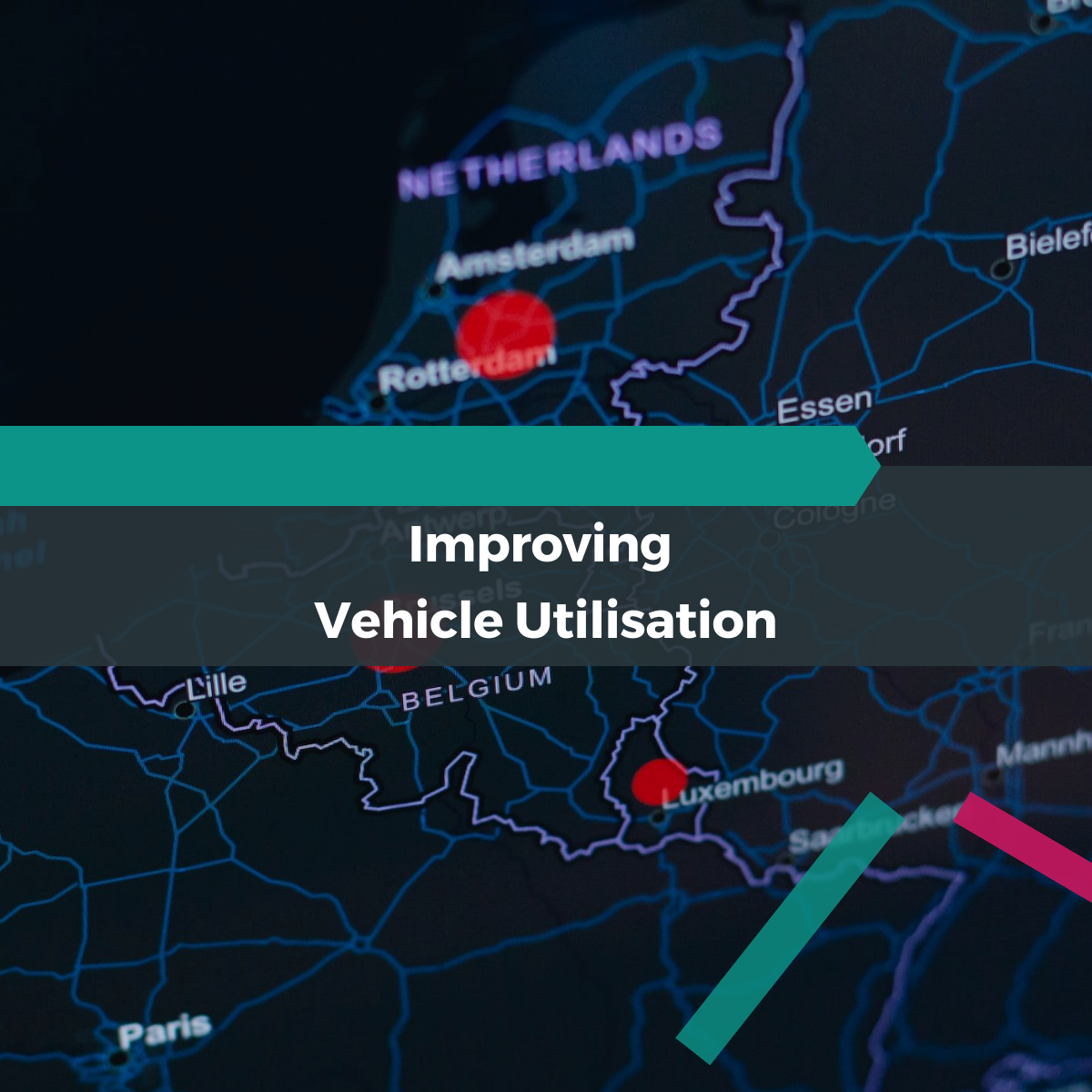Is Busy Season Still Busy?

In the world of logistics and supply chain management, the phrase ‘busy season’ has always been synonymous with chaos, last-minute orders, and a relentless scramble to keep up with demand.
This period, which spans from October through December, coincides with the holidays and the bid to fill the shelves with all the festive foods.
However, recent years have seen a shift in the dynamics of this hectic season, leaving many in the industry wondering, is busy season still busy?
In 2021, the logistics and supply chain industry witnessed a frenzy like never before. The year that followed COVID-19’s lockdown Christmas of 2020, saw an unparalleled surge in demand.
As restrictions eased, families across the UK determined to make up for lost time, indulged in extravagant holiday feasts. Consequently, logistics companies found themselves grappling with last-minute loads, rushed orders, and an overwhelming need to expand their capacity.
Fast forward to 2022, and the bustling chaos of the previous year seemed to have dialled down a notch.
At Chill-Chain, we were seeing customers pre-planning more than ever before but still, like every year prior, we were prepared with contingency plans and increased capacity to tackle the anticipated surge. But the demand never quite reached the haste of 2021.
While some attributed this dip to the fluctuations in consumer spending in 2021, there appears to have been a more profound shift at play. The 2022 ‘busy’ period was the quietest the industry has seen for many years.
Speaking to our customers this year and analysing shipment data on our platform, there is a trend forming - customers are planning earlier than ever before.
As early as July or August, many were procuring ambient and frozen products for storage, as well as planning vehicle movements for perishable goods later in the year.
But why?
"It's largely about mindset," says Aleks, our Operations Strategy Manager.
The shifting landscape brought about by COVID and Brexit, which both contributed to a significant driver shortage crisis, was a wake-up call for the industry. The stresses and strains of 2021 prompted a change in perspective.
Aleks highlights the significance of pre-planning, emphasising that it has become essential rather than a nice to have for nearly everyone in the industry.
“Early planning isn't just about securing the best prices; it's about alleviating stress, ensuring a smoother workflow and utilising all your resources to their full capacity”.
Amidst these changes, it's crucial to consider the perspective of the drivers themselves. In a world where the planning aspect has shifted, are they still working overtime and enduring the relentless pace of previous years?
The answer to this question remains somewhat inconclusive. As the industry transforms, drivers are adapting to new rhythms. While the pace may not be as frantic during the traditional busy season, hauliers still face challenges such as driver shortages and the need for greater flexibility.
The transition to a more pre-planned approach may offer drivers some respite, but it also introduces new variables into their work routines.
So, is busy season still busy? The answer is "yes," but with a difference. While the sheer madness of 2021 and years prior may have eased, the industry is evolving.
Pre-planning and a change in mindset have become the new normal, ensuring that businesses can better adapt to the demands of an ever-changing world.
Hauliers may not be finding work as frantic around this time compared to years prior, but they continue to play a pivotal role in keeping the supply chain moving.
As the logistics and supply chain industry navigates these changes, one thing is clear - adaptability and forward-thinking will remain the keys to success in the modern era of busy season.




























